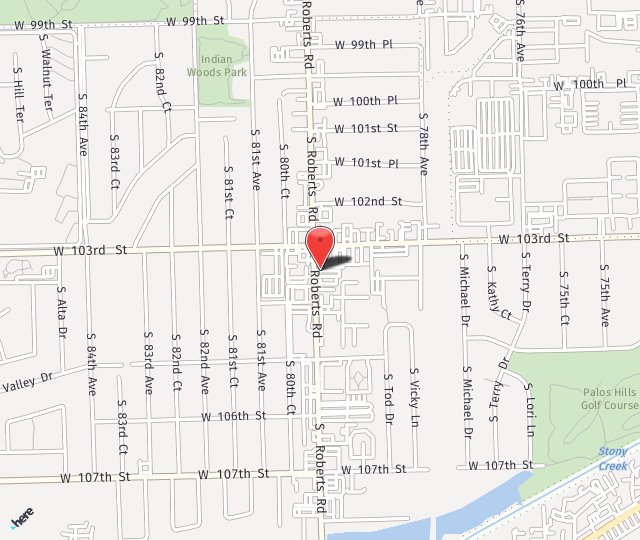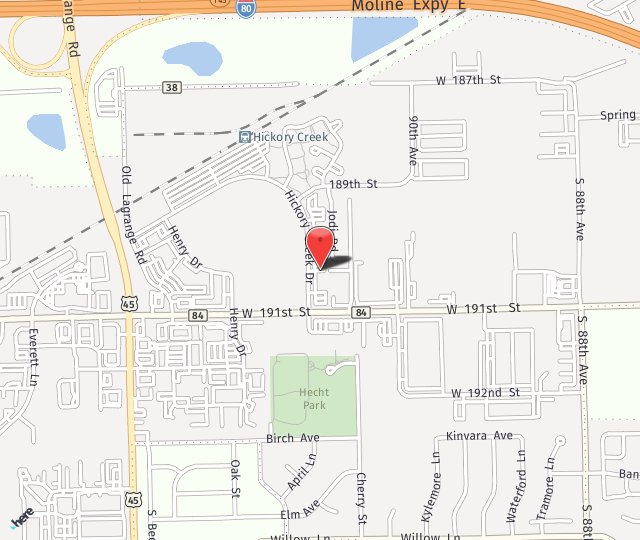Meniscal/ Tendon Tear Overview & Treatment Options in Chicago
With convenient locations in Palos Hills and Mokena, IL
Meniscus Tears
The meniscus is a piece of cartilage that is shaped like a wedge and functions as a shock absorber to the knee joint. When the meniscus suffers a tear, it impairs the knee's ability to rotate, resulting in pain and locking. Meniscus injuries are common, especially among athletes and active individuals.
Types of Meniscal Tears
Traumatic tears: Traumatic meniscal tears are caused by a significant knee injury, often leading to a sudden onset of knee pain. They can result in symptoms such as pain, swelling, clicking, catching, locking, and the sensation of the knee giving out. Traumatic meniscal tears can often be associated with other knee injuries, like damage to the anterior cruciate ligament (ACL) or other similar injuries. Prompt diagnosis and appropriate management of traumatic meniscal tears are essential to prevent further damage.
Degenerative tears: Degenerative meniscal tears, on the other hand, are marked by a slow progression of tissue breakdown. These tears are typically caused by repetitive microtrauma and degeneration of the tissue, often occurring in conjunction with or without osteoarthritis. Degenerative meniscal tears are known to cause symptoms such as pain, swelling, and limited knee function.
It is important to distinguish between traumatic and degenerative tears as the treatments used for each type of tear differ.

Diagnosing a Meniscal Tear
Diagnosing a meniscal tear typically involves a combination of clinical assessment and imaging. You will likely need an MRI, which can effectively visualize the type and location of the tear for accurate diagnosis. Some patients may also need to undergo knee arthroscopy, which is a procedure that allows further assessment of the tear and provides valuable information for individualized treatment planning.
Treating a Torn Meniscus
Nonsurgical: Nonsurgical treatment options for a torn meniscus aim to alleviate symptoms, promote healing, and restore knee function. These options include keeping weight off of your knee, using ice on the affected area throughout the day, wearing a compression garment to help with swelling, and elevating the leg when resting. Nonsteroidal anti-inflammatory drugs (NSAIDs), like ibuprofen for pain and inflammation management, may also be recommended, as well as bracing for additional knee support. Physical therapy is an important part of recovery as it is used to strengthen the knee and improve mobility.
Surgical: Depending on the nature of the tear, some patients may need surgery, which involves removing the damaged parts of the meniscus.
Both nonsurgical and surgical treatments are effective in restoring knee function and mobility, and Dr. Bedikian will proceed with the best option for you based on your symptoms, medical history, and activity goals.
Schedule an Appointment at Sarkis Bedikian Orthopedics
A meniscal tear is a common injury that can limit your ability to do the things you want without pain or insecurity associated with an unreliable knee. Fortunately, safe, effective treatment is available in Palos Hills and Mokena. Dr. Bedikian is committed to helping patients return to their regular activities without the discomfort of meniscus injuries. If you are ready to experience pain relief, contact our office today, where a member of our friendly team will help you arrange your consultation.



